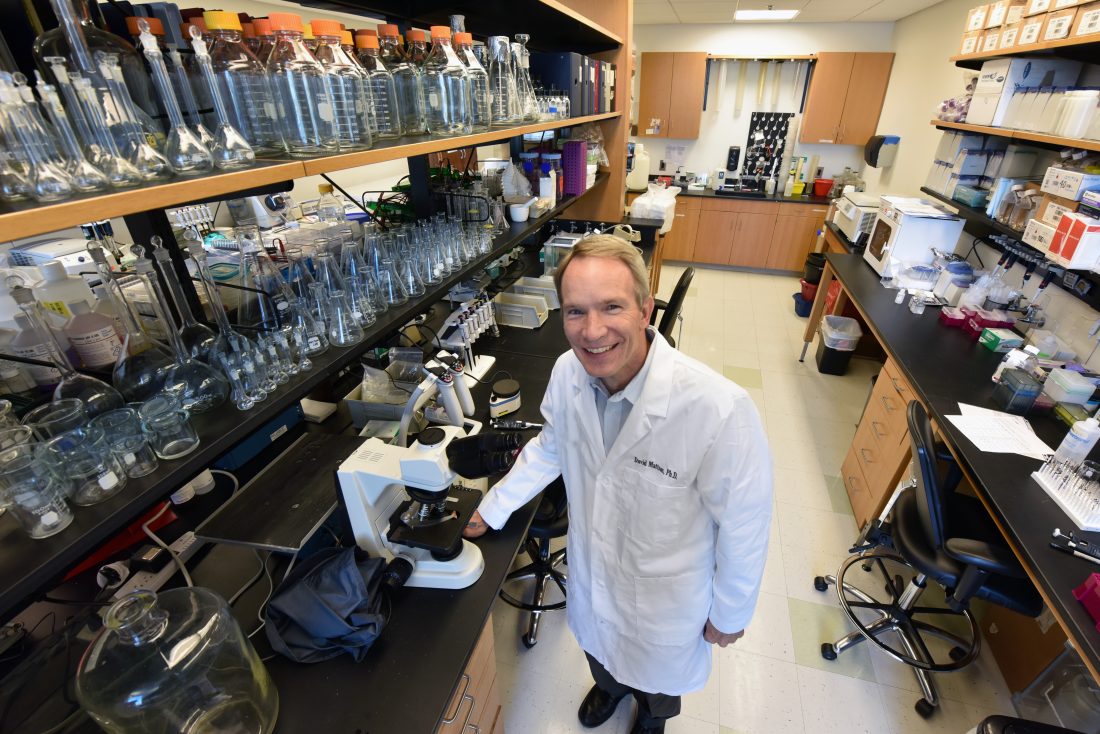A new graduate program at Augusta University will help improve the skill set of students who want to apply to biomedical science professional programs like medical or dental school.
The master’s of science in medical physiology is a one-year program that offers students 30 hours of training focused primarily on physiology, but with some coursework in other areas like anatomy and histology, and even an elective in research, with the goal of making them more competitive applicants.
Interested students could include those who either decided late in their academic careers to apply for medical or dental school or those who perhaps did not quite have the academic credentials when they applied, explains Dr. David Mattson, Georgia Research Alliance Eminent Scholar in Hypertension and chair of the Department of Physiology at the Medical College of Georgia, where the new program will live. “It’s very, very competitive to get into professional school and if you have not been focused on that task specifically for a number of years, you’re at a disadvantage.”
At MCG where 95% of the class comes from Georgia, for example, a record number of 3,563 people applied for 264 positions in the next first-year class. “We think this program provides a service to Georgia residents and we’re excited about that,” Mattson says. “There is not another one like it in the state.”
“This program also adds to and enriches our graduate programs focused in the health sciences, with the potential of increasing general awareness of the breadth of training opportunities offered through The Graduate School,” says Dr. Jennifer Sullivan, graduate school dean.
The MCG Department of Physiology was a logical home for the new program, since physiology, which is focused on the framework of the body’s cells, organs and systems, how they work and how abnormal function leads to disease, is the basis of clinical medicine. Department faculty will also teach the new courses. “Students will get that comparable education. A student who has a good grounding in physiology, particularly medical physiology, really has a leg up in his or her medical education,” Mattson says.
The new program also has the potential to increase the biomedical sciences workforce by exposing students to an alternative career path. “We have a first-class graduate program in the biomedical sciences here (at AU) and hopefully it will provide sort of an entre’ into that type of a career as well, where there is also a need,” Mattson says.
Future plans for the program include developing a dual track, so senior medical students and even residents can get credentialed research experience.
The goal is to have 25 students enrolled in the new program by Fall 2022. Interested students can apply through The Graduate School at Augusta University.
 Augusta University
Augusta University




